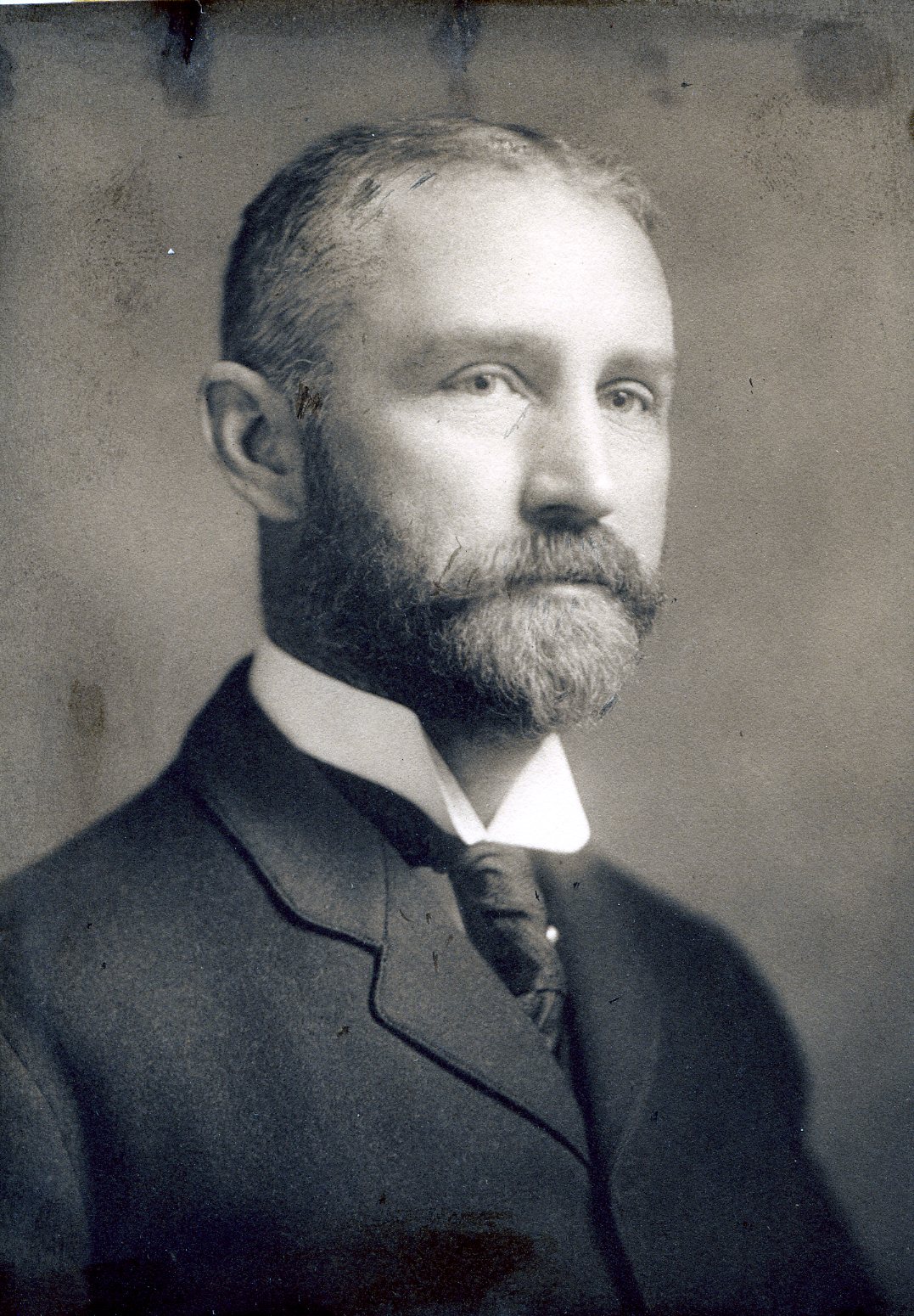President, Institute of Technology
Centurion, 1907–1939
Born 16 April 1857 in Fayette, Missouri
Died 28 August 1939 in Santa Barbara, California
Buried Santa Barbara Cemetery , Santa Barbara, California
, Santa Barbara, California
Proposed by Nicholas Murray Butler and Alexander C. Humphreys
Elected 2 February 1907 at age forty-nine
Proposer of:
Seconder of:
Century Memorial
For a large part of the twenty-five years during which Henry Smith Pritchett was president of the Carnegie Foundation for the Advancement of Teaching, he was a storm center of American education. He faced a pioneer’s job in organizing the Foundation and in directing its influence upon the nation’s institutions of higher learning and he performed his duties as he saw them fearlessly, unhesitatingly. Yet as Centurions came to know him there was no suggestion of controversy in his appearance. A touch of old-fashioned formality showed in his trim, faultlessly dressed figure. Impeccable courtesy graced his manner and speech. This pilot of a vast and novel educational venture, necessarily the object of endless criticism and even resentment, was so completely the master of himself and his ship that neither heavy weather nor acute danger could disturb the even tenor of his march through life. He not only rode the whirlwinds; he could afterward forget that they existed. An unusual training in both pure science and practical administration helped to form his natural abilities. Born in Missouri of Virginia stock, he obtained his basic education in Pritchett College, which his father had founded. The father was an astronomer and the son followed in his footsteps, studying first with Professor Asaph Hall at the Naval Observatory at Washington, and later at Munich. For fourteen years he served as professor of astronomy at Washington University, St. Louis, establishing a secure position in the scientific world by his astronomical observations on various trips. But it was not until his fortieth year that wider opportunity opened before him. Then, in 1897, President McKinley appointed him superintendent of the United States Coast and Geodetic Survey. This oldest scientific division of the Federal Government had been for long demoralized by politics. Pritchett was confronted by entrenched job-holders and a hostile Congress. After three years he had not only cleaned house and reorganized his bureau but had demonstrated the vital importance of its services to the entire nation.
His reputation expanded swiftly and in 1900 he was chosen to the important post of president of Massachusetts Institute of Technology. Finally, in 1906, arrived Andrew Carnegie’s novel conception of a permanently endowed organization designed to foster educational research and provide adequate salaries and pensions for college professors. There were no precedents for such an undertaking. Inescapably its director must embark upon uncharted seas. When Dr. Pritchett was chosen for its president, he had neither past routine nor definite goals to guide him. He was obliged to conceive and create the research program of the Foundation and devise and set up a pension system upon a vast scale and with an extraordinary flexibility to meet a wide variety of needs. From the start he met opposition and difficulty. The studies of medical schools which he investigated brought great boulders of academic resentment and local pride tumbling about his head. Law, dentistry and engineering were studied and their schools reformed amid hardly less detonation. Echoes of the vigorous and revolutionary analysis of college athletics are still reverberating and the problems raised are still unsolved. The annuity and pension projects met difficulty after difficulty. Dr. Pritchett was obliged to retreat and reform his lines; but with tact and persistence he pushed through to success. The services of the Foundation to the advancement of American education have been all-pervasive in their influence and to Dr. Pritchett must go first credit and honor. Centurions will sorely miss his familiar face at the long table and his fund of reminiscence in the give and take of conversation. He was so regular in his attendance at luncheon that his absence could almost be taken as proof that he was out of town. The Graham Library has lost another name from its distinguished cast of characters.
Geoffrey Parsons
1939 Century Memorials

